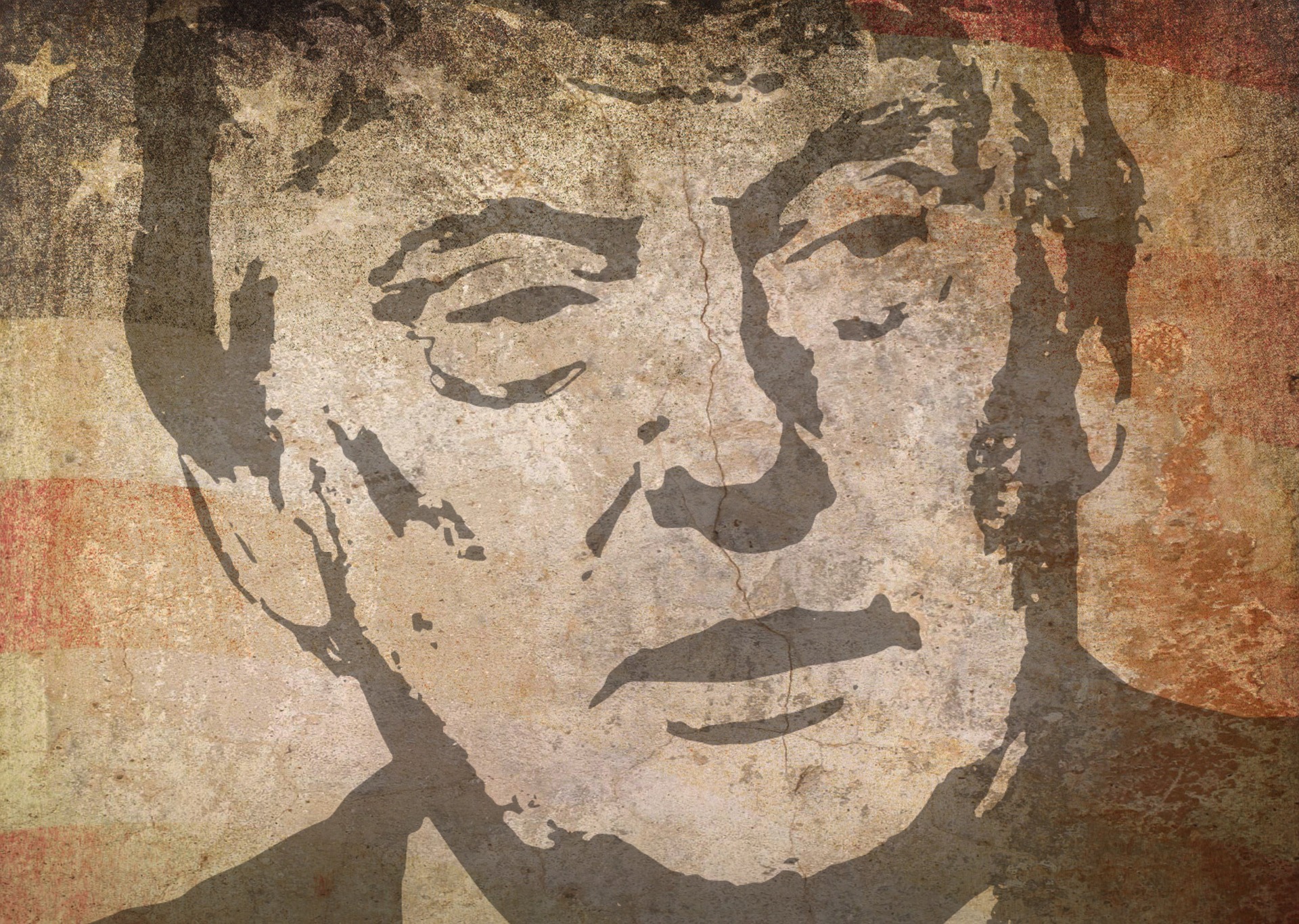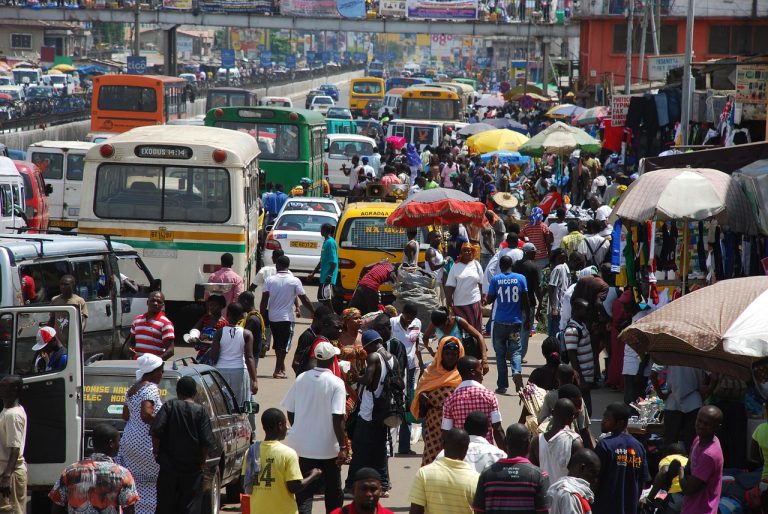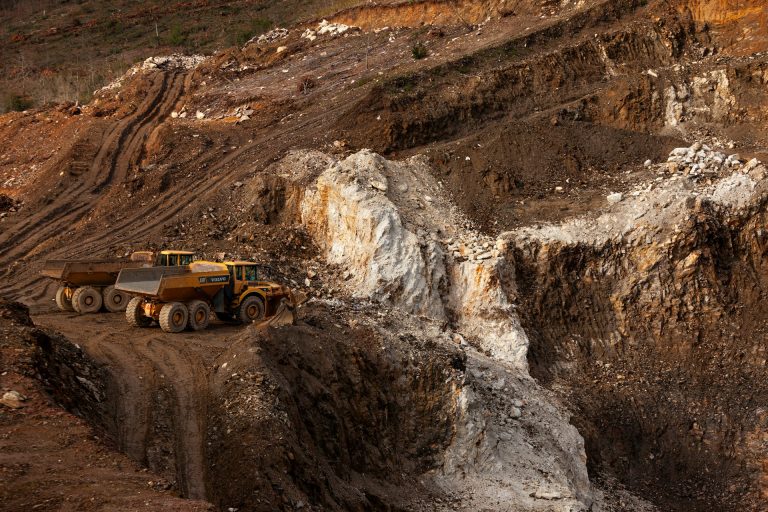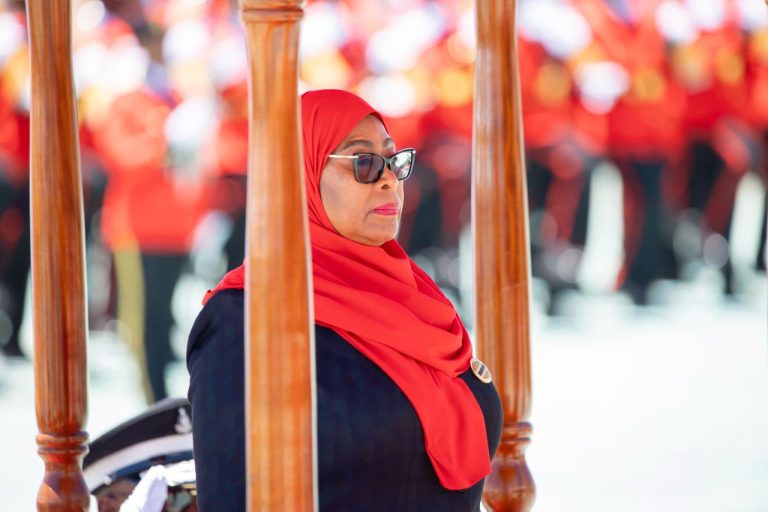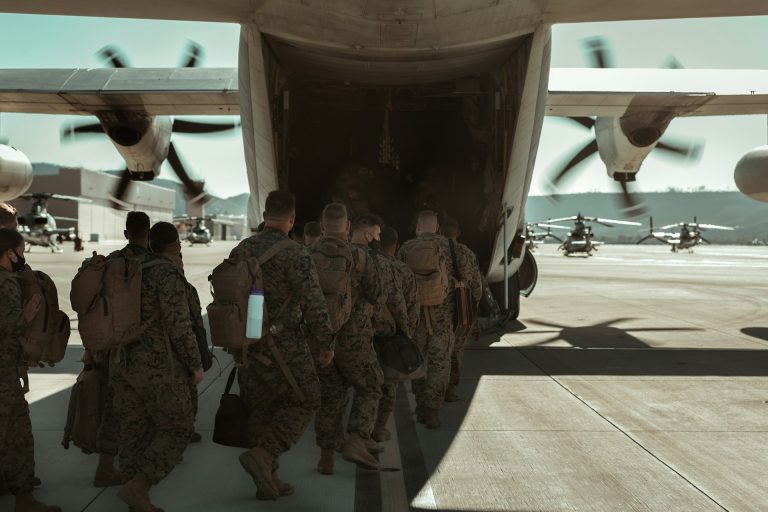- Trump’s “trade, not aid” pivot unveiled at White House summit with five African presidents
- Delegations pressed for lower tariffs, investment in critical minerals and migration accords amid China’s deepening footprint
When President Donald Trump convened Gabon’s Brice Clotaire Oligui Nguema, Guinea-Bissau’s Umaro Sissoco Embaló, Liberia’s Joseph Boakai, Mauritania’s Mohamed Ould Ghazouani and Senegal’s Bassirou Diomaye Faye at the White House on 9 July, he cast the three-day gathering as a departure from traditional U.S. assistance. In an ornate State Dining Room bathed in afternoon light, he announced a strategic realignment: Washington would favour commercial partnerships over donor grants. All five nations, which together exported roughly $4 billion worth of goods to America last year, arrive under a uniform 10 percent duty on their products. Their aim: swap tariff barriers for deeper market access.
Trump opened by declaring that past aid programmes had failed to deliver “sustainable prosperity.” He urged his guests to forge direct investment ties with U.S. corporations, promising that “trade builds lasting bonds that aid cannot.” Officials have since reoriented diplomatic performance metrics: ambassadors will now be judged by the volume of deals they secure, not by governance or human-rights benchmarks. Across trading floors in New York and London, analysts monitored Gabon’s 2029 Eurobond yield and Mauritania’s offshore‐gas prospects, looking for signs that Washington’s new doctrine might realign capital flows.
At a working luncheon, President Ghazouani was first to speak. He lauded Trump’s role in mediating the recent DR Congo–Rwanda peace accord, describing it as “a turning point for regional stability,” and then pitched Mauritania’s uranium and rare-earth reserves as ripe for U.S. ventures. “We stand ready to open our mines to American technology,” he said, evoking the potential for strategic cooperation in the Sahel.
Senegal’s Faye followed, complimenting Trump’s golf prowess and extending an invitation to construct a course along Senegal’s coastline—“imagine teeing off at sunrise over the Atlantic,” he proposed. When Trump laughed and quipped that he might accept, the room briefly resembled a social club rather than a policy forum. Yet the invitation carried subtext: Senegal hopes that luxury tourism projects will attract U.S. private-equity funds.
A nod—and a snub—for fluency
Liberia’s president, Joseph Boakai, then expressed gratitude for America’s historic support during the country’s civil-war recovery and Ebola response. His measured remarks earned an unsolicited commendation from Trump, who praised his “beautiful English” and asked where he had studied. The comment, though intended as flattery, underscored a lingering imperial subtext—English has been Liberia’s official language since its founding in 1822—and prompted uneasy smiles around the table.
Gabon’s Nguema used his turn to spotlight his nation’s quarter of the world’s known manganese reserves, warning that “in the global race for battery metals, time is of the essence.” He urged U.S. firms to pre-empt Chinese competitors, who already account for nearly a quarter of Gabon’s mining deals. Nguema’s plea carried urgency: Gabonian ministers are racing to add value locally—building refineries and processing plants—to capture more of the mineral’s downstream profits.
Finally, Guinea-Bissau’s Embaló reminded attendees that his country had transitioned from narco-trafficking hub to emerging democracy. He cited gold, bauxite and phosphate as growth sectors and called on Washington to reopen its embassy in Bissau, shuttered after an army mutiny in 1998. “Your presence here would be a powerful signal of partnership,” he asserted.
Migration as bargaining chip
Beyond minerals and market access, Trump’s team pressed a second, more contentious agenda: migration. Administration aides privately urged the presidents to agree to “safe-third-country” arrangements, accepting third-nation nationals deported from the U.S. Monrovia and Dakar face some of the region’s highest visa-overstay rates, and both capitals are reportedly examining proposals to construct reception facilities for those ordered to return. “We need your cooperation to manage irregular flows,” one official told a West African delegate during a briefing.
This linkage of commerce and migration highlights the transactional underpinning of the summit. For Mauritania and Senegal, which see thousands of young nationals departing each year—20,000 Mauritanians crossed through Nicaragua into the U.S. between 2023 and 2025—the promise of reduced tariffs may outweigh sovereignty concerns. But critics warn that using market access as a lever for migration control risks undermining the broader economic gains hoped for at the event.
Great-power contest for Africa’s resources
China’s and Russia’s rapid inroads across West Africa formed the backdrop to every discussion. Beijing imports more than 20 percent of its global manganese from Gabon and has invested over $4 billion in infrastructure deals there since 2022. In Guinea-Bissau, China rebuilt the sole highway and fishing port, solidifying a logistical stronghold. Russia, for its part, has extended Belt & Road loans for roads and solar farms in Mauritania. U.S. trade with the five invitees barely surpassed $1.5 billion in 2024, compared to nearly $20 billion for China.
“You get what you pay for,” Trump observed at one point, implicitly challenging Beijing’s “no-strings-attached” loans. But Washington’s own approach—imposing new duties on eight other nations, including Libya and Algeria, on the very day of the summit—demonstrated how swiftly partnership can turn to penalty under the current administration. This duality has left African capitals wary: invitations to handshake ceremonies are welcome, but investors crave policy consistency before committing billions.
Many of the five presidents also grapple with rising borrowing costs and fiscal strains. Gabon and Mauritania depend heavily on the African Export-Import Bank, whose recent credit-rating downgrade spotlighted debt vulnerabilities. With global interest rates on the rise, governments face narrowing budgetary space for health, education and infrastructure. Yet Trump offered no new multilateral safety net or debt-relief initiative—instead urging private-sector investment as the solution.
This stance echoes Washington’s cautious approach at the UN’s Financing for Development summit in Seville, where African delegations sought binding rules for sovereign-debt workouts. The administration signalled no appetite for a UN-mandated framework, preferring bilateral commercial pacts that shift risk to private creditors rather than public lenders.
Looking forward: Deals or photo-ops?
As the three-day summit concluded on 11 July, participants issued a joint communiqué pledging quarterly follow-up meetings focused on trade facilitation, streamlined investment codes and digital-payment integration. Trump, foretelling a tariff review later this year, suggested that countries demonstrating substantial export growth might see duty reductions as a “reward for performance.” African leaders, for their part, pledged to accelerate reforms—opening special economic zones, enhancing contract transparency and adopting U.S. standards for mineral-value chains.
Yet the real measure of success will be capital deployment. For Gabon and Senegal, U.S. partners are eyeing green-field projects in battery-grade manganese refining and zircon processing—sectors that could transform commodity rents into manufacturing jobs. In Liberia and Guinea-Bissau, where fragile health systems once relied on USAID, private investors face the challenge of underwriting clinics and schools where grant funding once sufficed. Mauritania’s potential hosting of a U.S. security facility—floated at the podium—may offer a steadier source of external support than export concessions alone.
This summit marks a watershed in U.S.–Africa relations: a public divorce from aid in favour of commerce. But its durability remains in question. African governments must leverage their negotiation leverage to secure binding commitments, while Washington must deliver predictable policy signals that justify long-term investments. Only then will screens in Libreville, Banjul and Conakry reflect improved yields—not just on bonds, but on the promise of sustainable growth forged in the corridors of the White House.
